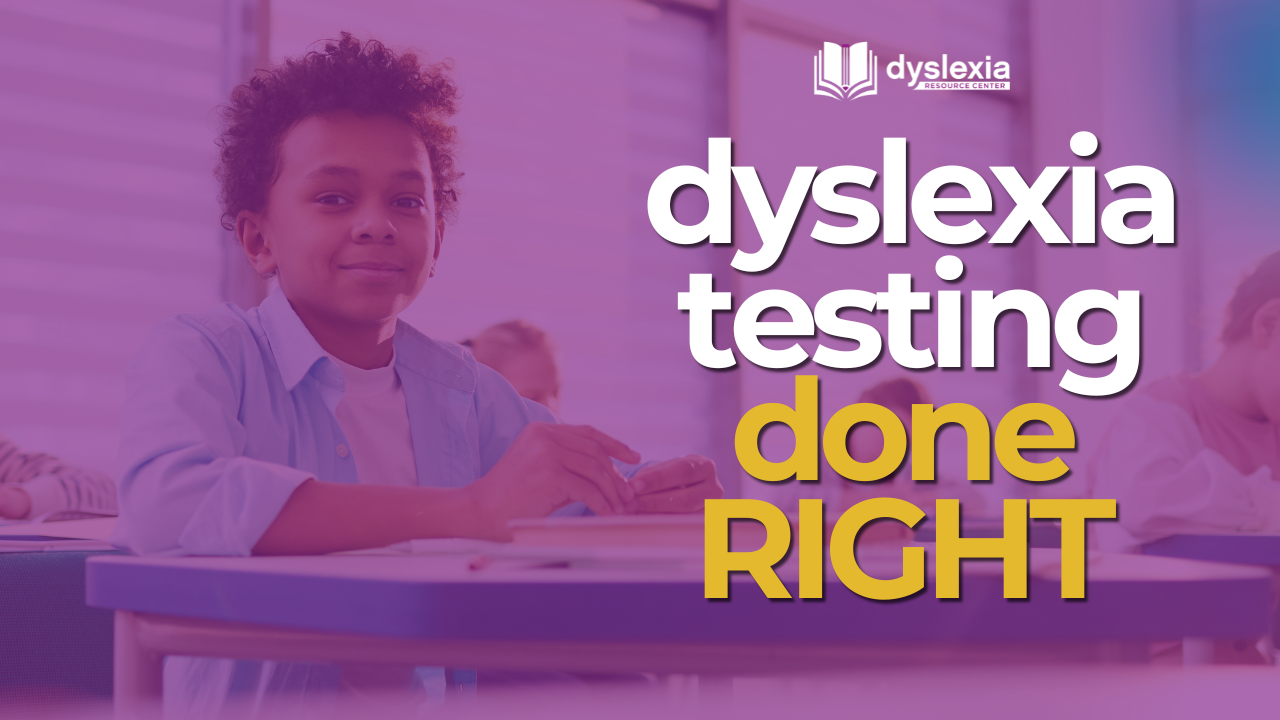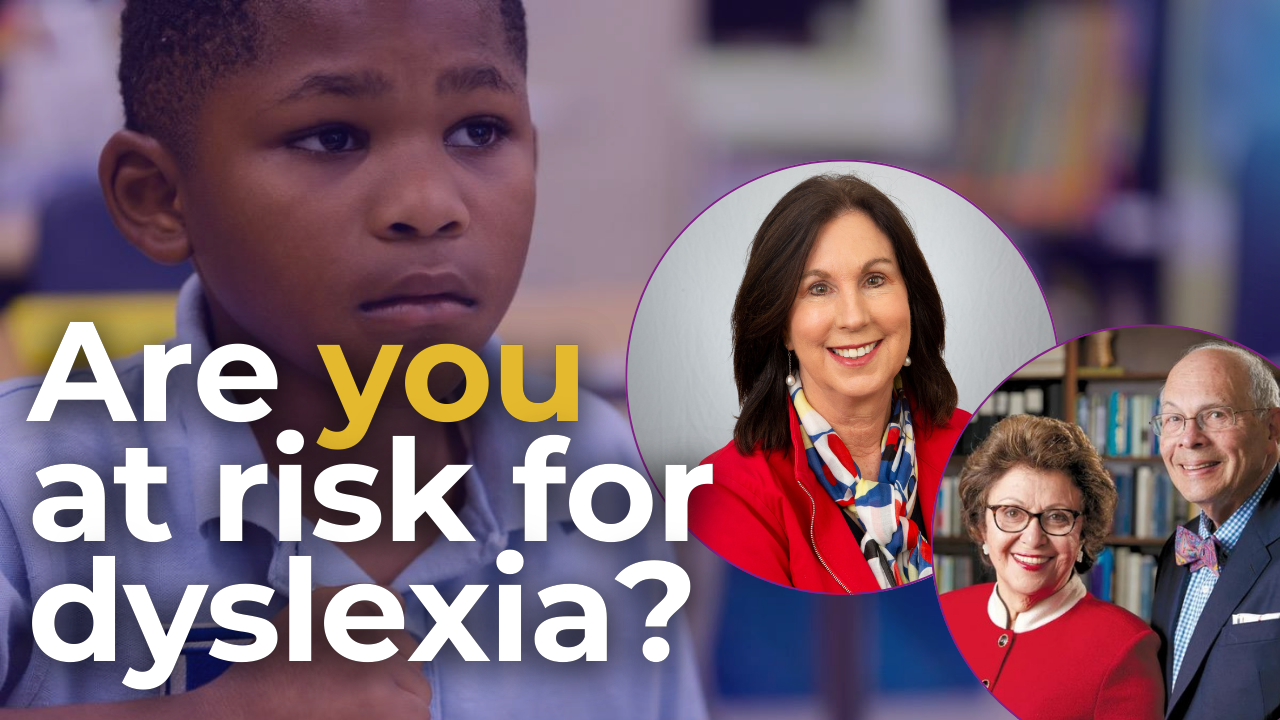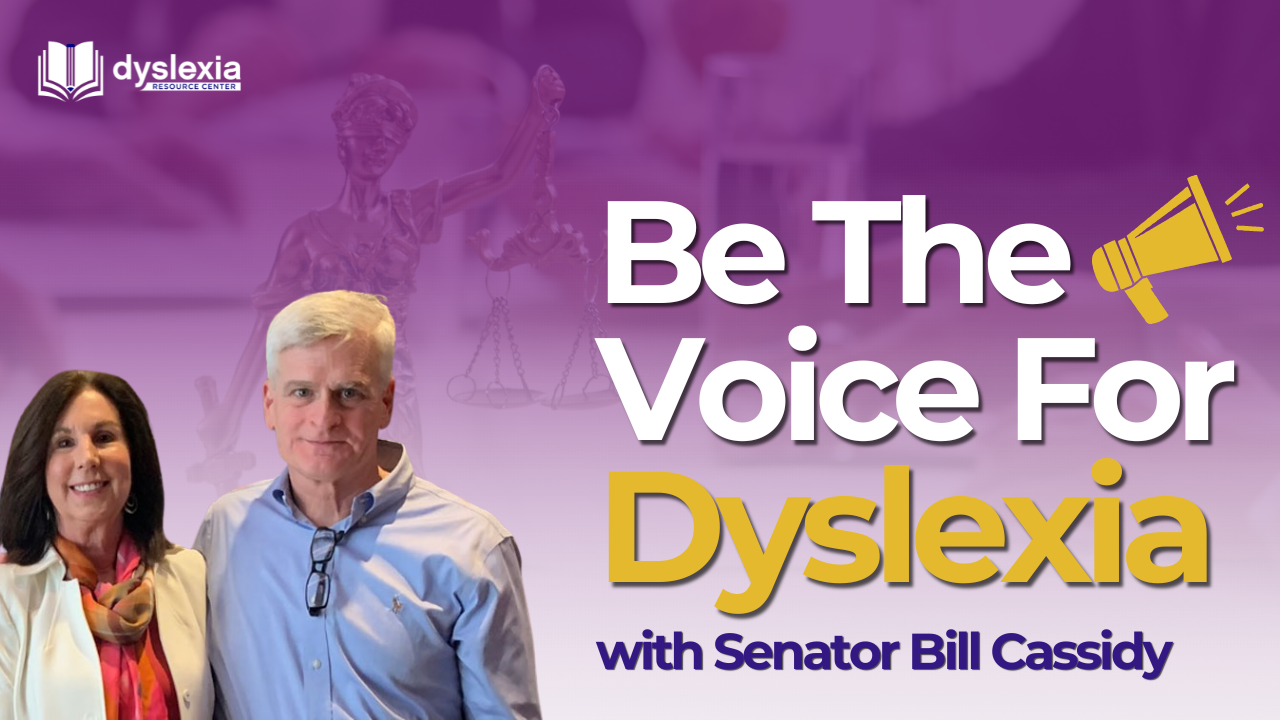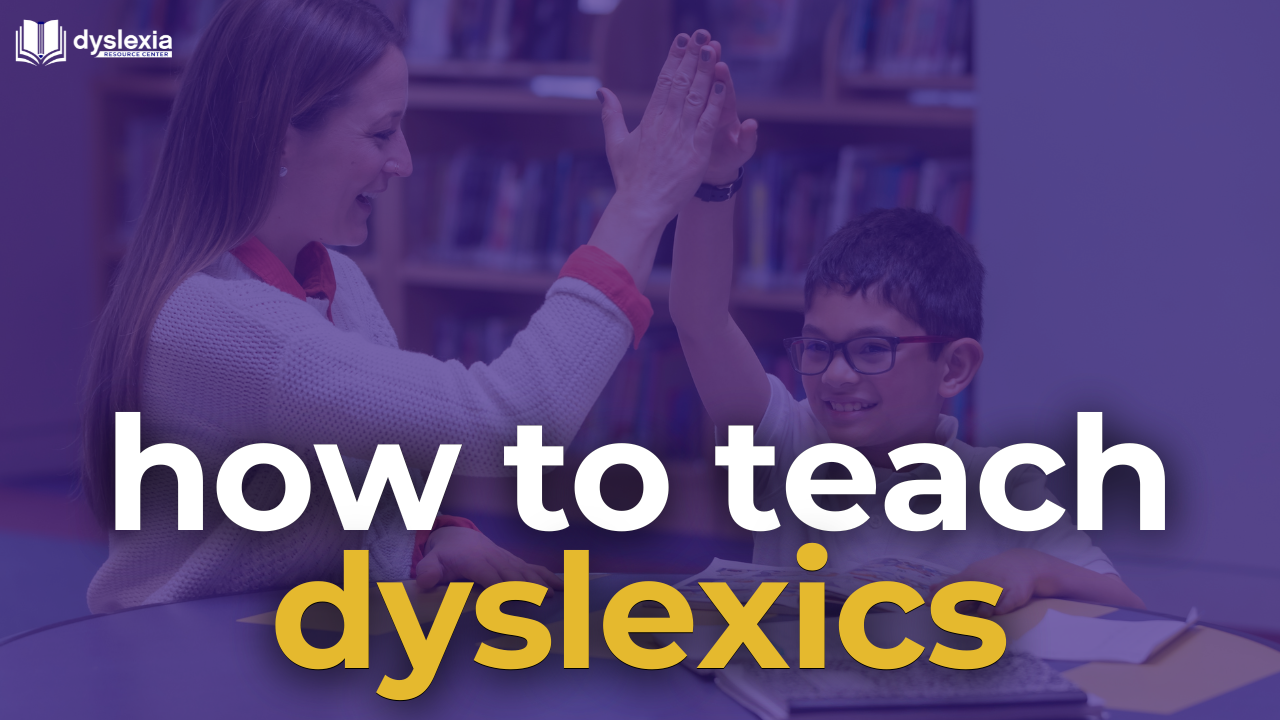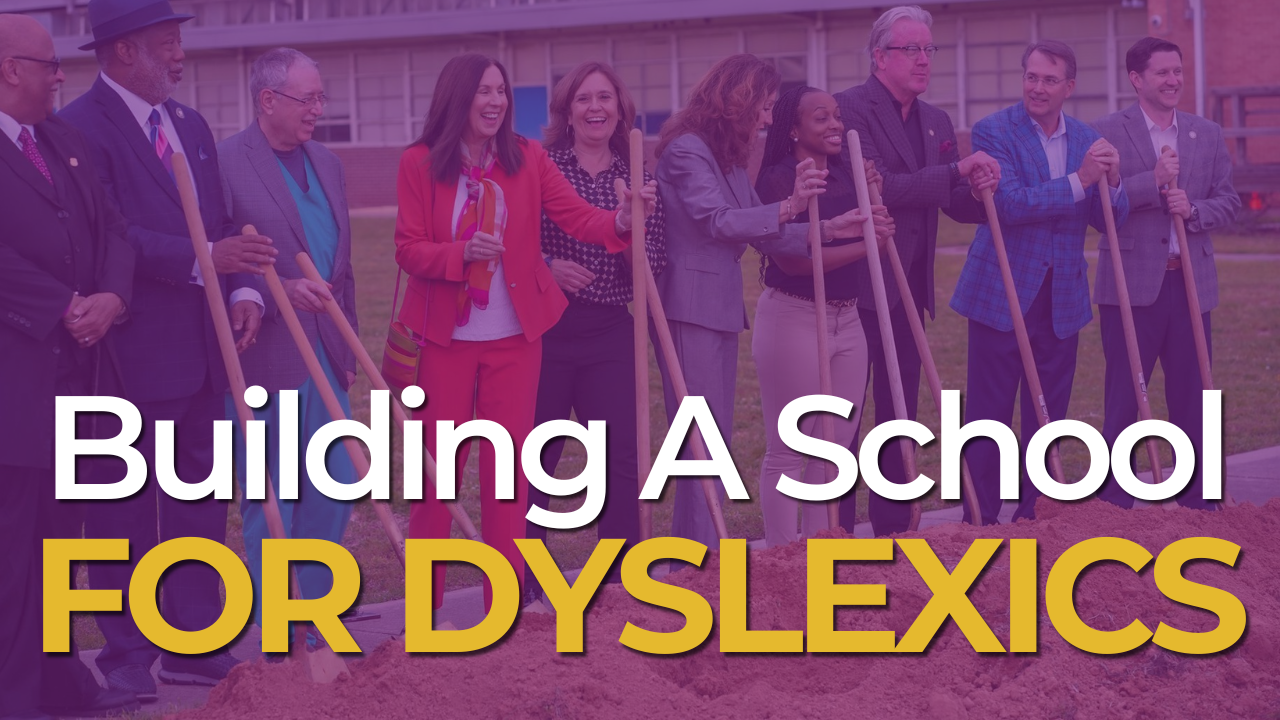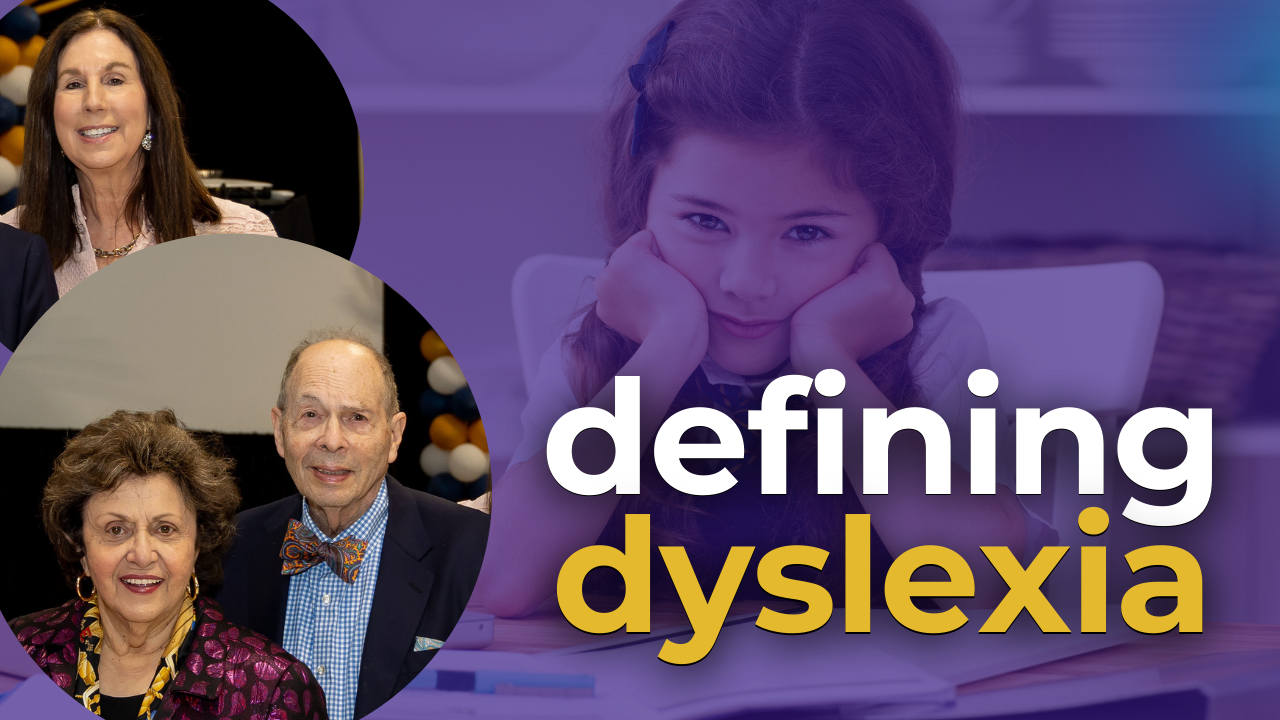Valid Accountability

Accountability matters. In any good organization, transparency and accountability are the cornerstones of success. Transparency is the ability of someone in or outside of the organization to get an accurate assessment of the organization’s structure, mechanics, and finances. Accountability can be harder to assess since it involves knowledge of the industry. The metrics of accountability must be accurate indicators of performance.
Education has embraced accountability so parents and tax payers can make decisions for their children and their tax dollars. Schools like Louisiana Key Academy, a school for children with dyslexia, are held accountable by the same standards as a traditional school. Is that accurate accountability?
The accountability system’s focus is on standardized tests developed for fluent readers. Reading fluency doesn’t occur quickly or easily for dyslexic students and only with specific instruction.
Schools like LKA take children with dyslexia, despite academic failure, and are given a school performance score based on standardized testing for fluent readers-without consideration of science (inefficient reading systems) or reading grade level of students.
Students entering 2nd grade or above at LKA are several grade levels behind in reading. A poor academic performance score for a school working to teach dyslexic children fundamentals of language –reading, writing, and speaking says to the community that the school and the students are a failure.
Since most dyslexic children are not identified in schools, there is no normed standardized test data for children with dyslexia as compared to children without dyslexia.
If science(fMRI) acknowledges that dyslexics read using an inefficient part of the brain and that the achievement gap is there in the 1st grade, should that go into the equation of accountability? If a school does not identify a student as dyslexic and the child transfers to a school like LKA after academic failure should LKA be held responsible?
Dyslexics, if identified, can get 504 accommodations which includes that the test is “read aloud” to them. For a dyslexic child, the standardized test “read aloud” is still difficult as it is language heavy. Also, “read aloud” does not assess reading instruction which is so crucial for dyslexic children. Do we believe these children should learn to read or should we just give then an audio device? Should we hold schools accountable for teaching dyslexic children to read?
And if children with dyslexia have the standardized test read aloud to them, is that accurate accountability? If so, then society has decided that reading is not important, only acquired oral information is important. Does this acquired information hold more promise for a dyslexic than the ability to read connected text? Will a child that cannot read have the confidence, self esteem, and skills to graduate from high school, college, and get a job?
Education must catch up with science so these children are identified and given the necessary education for them to read (and the data for policy makers to develop valid accountability).
